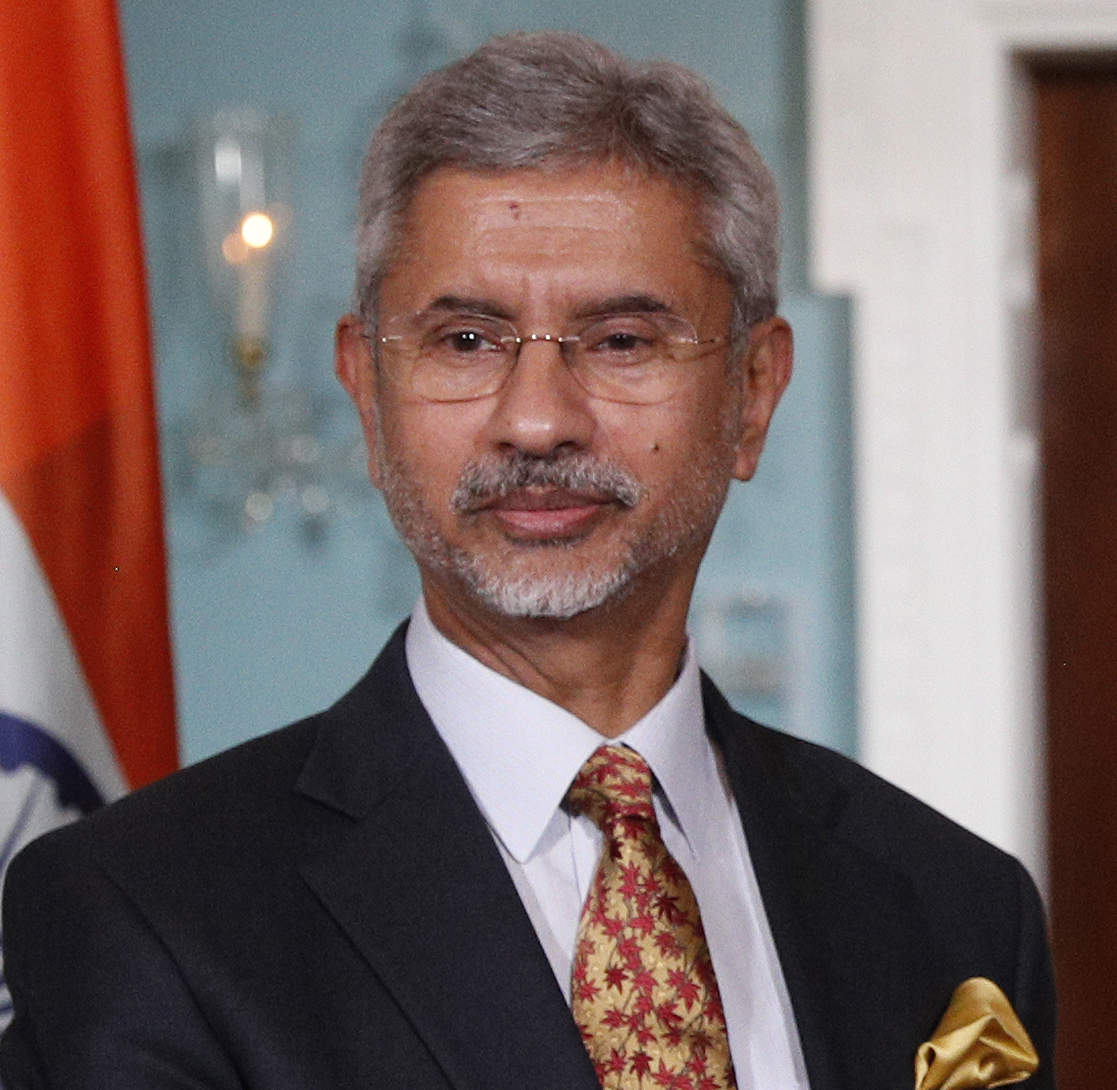The implementation of a uniform civil code in India is set to become a prominent topic of discussion in the Parliament. The party in power at the central government supports the adoption of a uniform civil code. But what exactly is a uniform civil code, and which areas will it affect? Who initially proposed it, and why has it not been implemented thus far? Let's explore these questions in more detail while also gathering additional information on the subject.
A uniform civil code primarily aims to address differences in the treatment of various communities with regard to marriage, divorce, inheritance, and adoption, specifically within the civil domain. During the constitutional assembly, the framers of India's constitution proposed the concept of a uniform civil code to be applicable to all citizens. However, extensive debates on the topic took place, and Sardar Vallabhbhai Patel did not agree to its implementation. Several individuals have opposed its implementation, acknowledging the need for it in the future but considering the nation unprepared at present. A review was conducted years later, but it did not progress further.
So, what are the benefits of implementing a uniform civil code? One significant advantage is that all Indian citizens would be governed by the same set of laws in relation to these four specific areas. The Supreme Court of India has been urging governments to implement a uniform civil code to streamline court proceedings. However, Article 25 of the Indian Constitution allows individuals to follow their religious practices, and if these practices conflict with the provisions of a uniform civil code, it becomes a matter of ongoing discussion.
It is essential to consider the intentions behind implementing such a code. Is the central government pursuing this based on their party's agenda, or is it a response to a genuine need? India's vast diversity means that religious practices vary across different regions, which further complicates the matter. Therefore, the question arises: Are we truly ready for a uniform civil code? If so, how can we prepare our nation to implement it within a defined timeframe? Addressing these inquiries will require thorough and well-informed answers. Conducting further research on this subject will provide valuable insights and perspectives.

.jpg)
